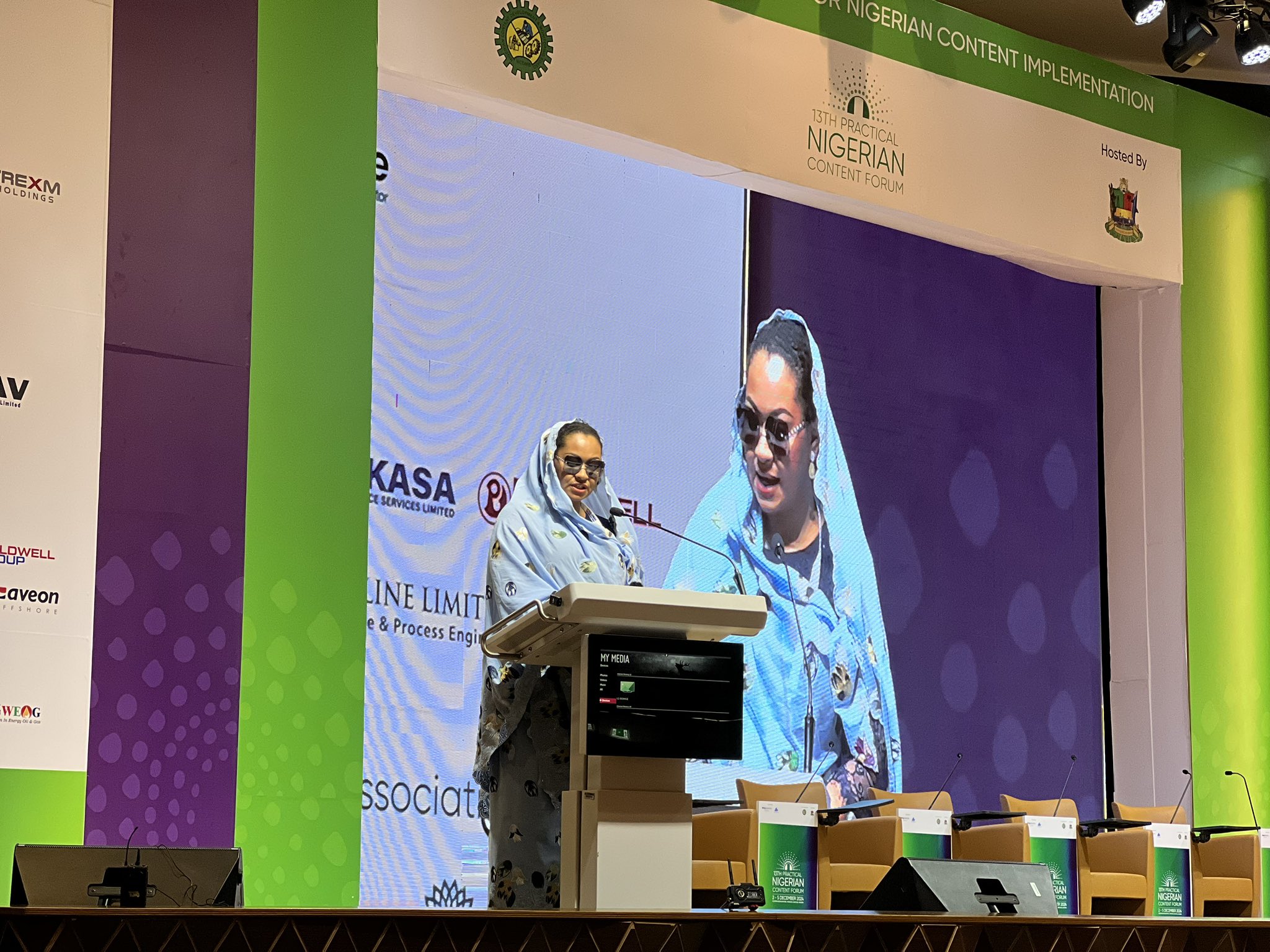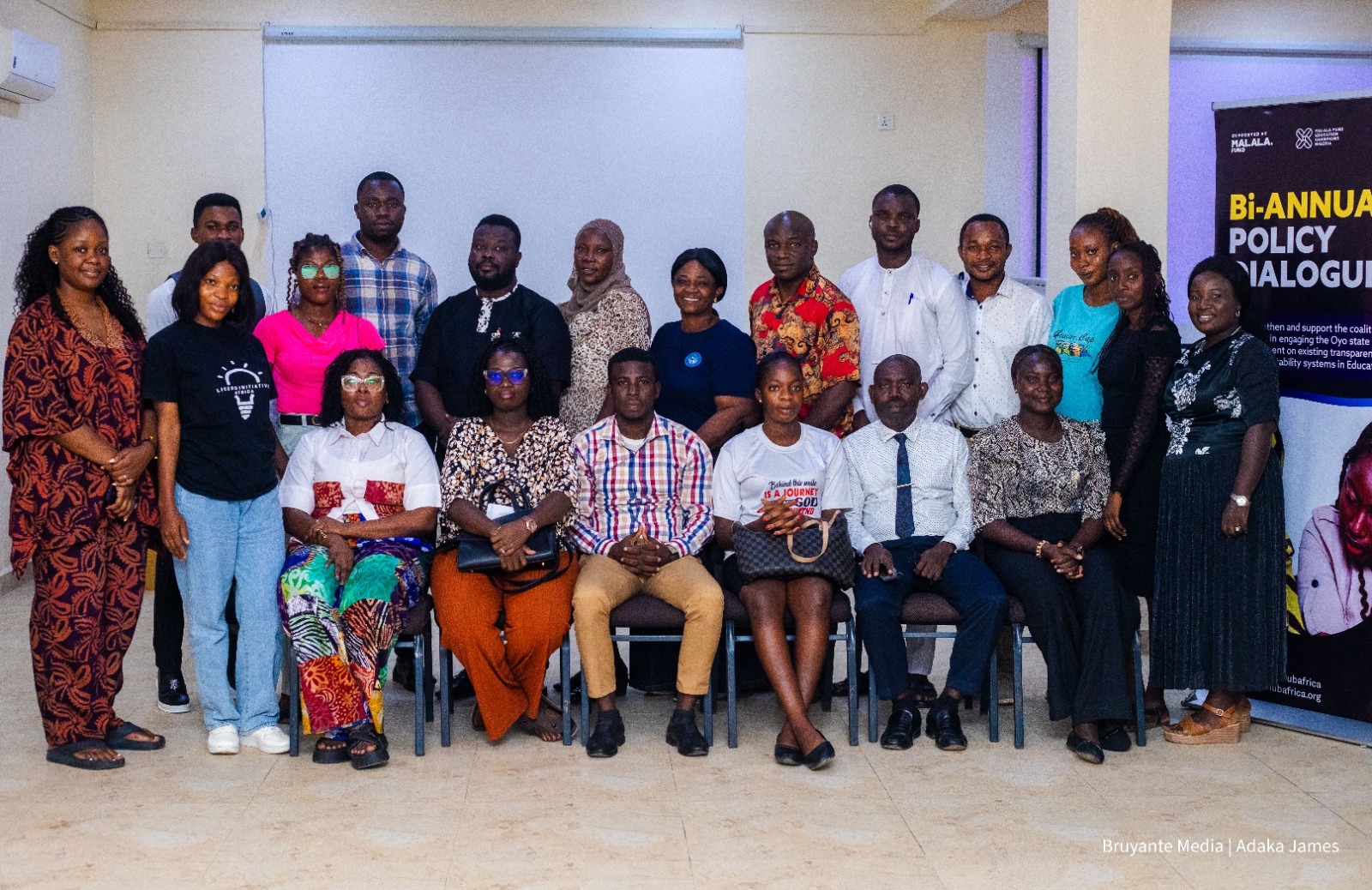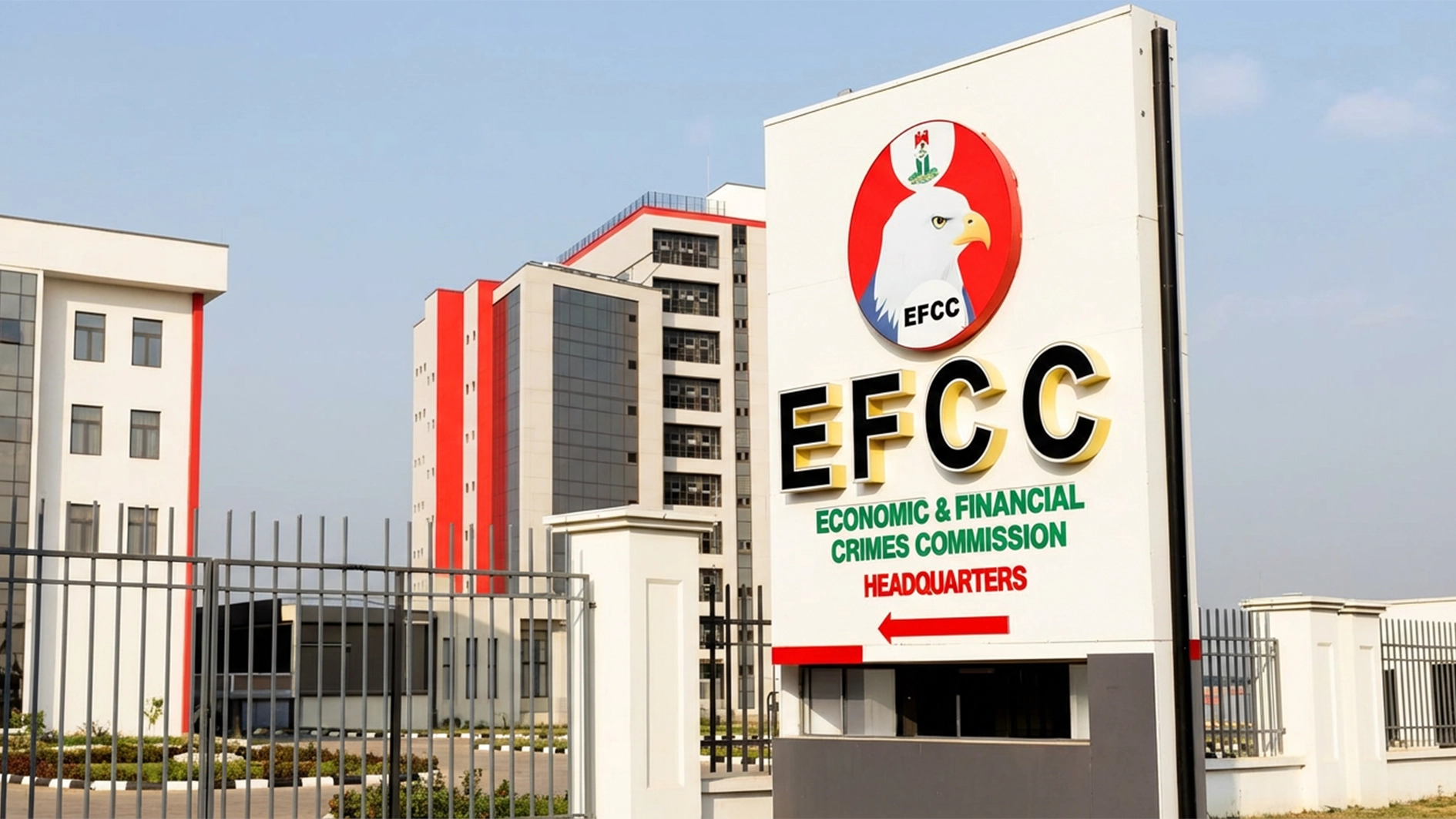
Chairman of the Senate Committee on Local Content, Senator Natasha Akpoti-Uduaghan, has called for a redefinition of Nigerian content to drive innovation, sustainability, and economic transformation.
Speaking at the 13th Annual Practical Nigerian Content (PNC) Forum, the senator stressed the need for a broader approach to local content implementation to position Nigeria as a global leader in multiple sectors.
Chief Press Secretary to the Senator, Arogbonlo Israel, in a statement quoted her as having said, “For decades, Nigerian content has focused on capacity building in the Oil and Gas sector, laying a solid foundation. However, to unlock our full potential, we must broaden our perspective to include innovation, sustainability, and market expansion across all industries,” she stated.
Senator Akpoti-Uduaghan disclosed that the Nigerian National Petroleum Company Limited (NNPCL) will establish five mini-liquefied natural gas (LNG) plants in the Ajaokuta Local Government Area of Kogi State. These projects, set to be flagged off in 2025, mark the largest concentration of such facilities in a single district in Nigeria.
“This initiative positions Ajaokuta as a hub for technology and innovation, critical for testing and developing industrial materials, including steel, which is vital for offshore rigs and other infrastructure,” she noted.
The Senator proposed a comprehensive framework for national development, focusing on creating value, achieving self-reliance, and establishing global competitiveness. She outlined four key pillars:
She also canvassed for the expansion of Nigerian content laws beyond Oil and Gas to include ICT, renewable energy, and healthcare.
“Introduce tax incentives for firms using green technologies and producing export-ready goods. Implement technology-driven enforcement mechanisms for compliance,” she said.
In order to build competitive ecosystems, she called for access to be made available to advanced technologies and for the development of industrial clusters integrating research, manufacturing, and export facilities.
“Establish innovation hubs through public-private partnerships to nurture homegrown solutions,” she said. “Shift from exporting raw materials to refining and manufacturing domestically, particularly in petrochemicals and engineering services.
“Promote Nigerian goods and services internationally and lead regional trade efforts through the African Continental Free Trade Area (AfCFTA).
Senator Akpoti-Uduaghan underscored the importance of Environmental, Social, and Governance (ESG) principles in shaping Nigeria’s economic policies.
She advocated for the adoption of green technologies, empowering marginalised communities, and fostering transparency across sectors.
The Senator cited examples of countries like Malaysia and South Korea, which leveraged local content to achieve global competitiveness. She noted how Nigeria could tailor similar strategies to its unique strengths and challenges.
“We must embrace a mindset that transcends compliance and capacity building to focus on innovation, competitiveness, and global relevance,” she urged. “Let us envision a Nigeria where our industries lead globally, our youths innovate solutions that shape the future, and our resources create wealth for generations to come.”
The bold vision has set the stage for a reimagined Nigerian content policy, designed not just for compliance but as a catalyst for national transformation.






